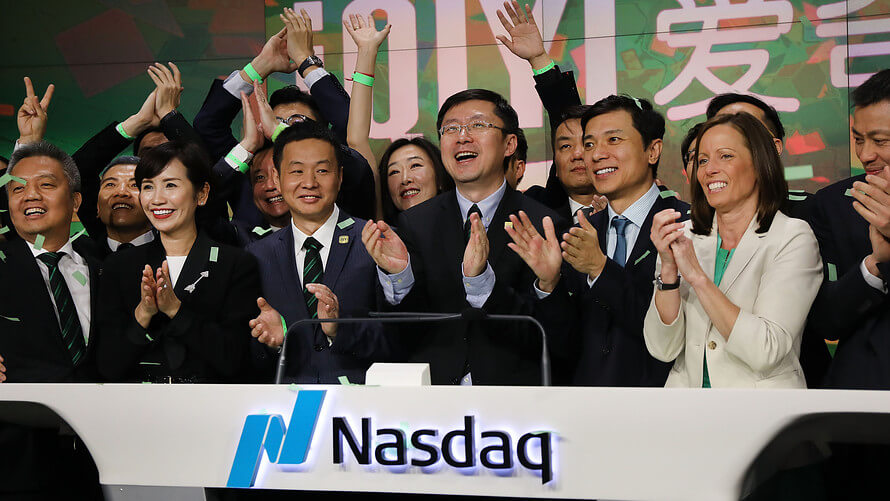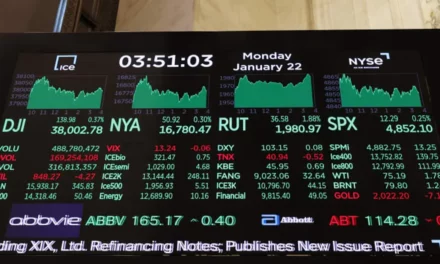Are you interested in investing in Chinese stocks? You may need to think back and reflect because all is not what it seems.
Recent regulatory activity regarding Chinese stocks listed and traded in the United States has made investors increasingly wary about putting their money into them.
But it isn’t just the cryptocurrency scene that has come under the grim scrutiny of Beijing; companies that have raised foreign investments through a scheme called variable interest entity (VIE) have also come under fire over the past few weeks.
In standard investment, anyone who purchases stocks is, essentially, buying a certain percentage of a company. In a VIE scenario, on the other hand, investors buy stock into a shell company as opposed to the principal itself. Nevertheless, they may have the same economic perks as those who buy directly into a business.
But, in the first place, why would Chinese companies even consider doing business through such a roundabout route?
Circumventing regulatory restrictions
VIEs are nothing new in the Chinese corporate scene: they’ve been around for years and are used by companies to raise funds from foreign investors.
Under Chinese corporate law, foreigners are not allowed to own shares in local companies, particularly those in potentially volatile industries such as technological development and ecommerce.
When companies work through a VIE, they are working with a two-entity structure: a shell company based outside of the Chinese mainland and a local firm that holds the licenses necessary to do business in another country. In doing so, Chinese companies are able to circumvent the cumbersome regulations that keep them from raising funds from foreign sources.
It’s something that has enabled many American investors to get some exposure to a foreign economy, and it has been deemed acceptable by the relevant US regulatory agencies.
An ongoing crackdown
However, while it is an acceptable practice in the West, officials in Beijing are not at all pleased.
Last July 19th, the State Council of China declared a new policy that will prevent companies in the tech sector, such as those involved in online education and ecommerce. They are barred from raising funds through stock listings overseas or getting funding from foreign investors.
Likewise, the US Securities and Exchange Commission (SEC) is also taking a sterner stance regarding VIEs. SEC Chairman Gary Gensler recently approved new rules regarding corporate disclosure, calling upon Chinese companies to be more transparent regarding the risks that American investors face when dealing with them.
Under the SEC’s new rules, Chinese companies are required to disclose whether the relevant Chinese agencies have cleared them or their shell entities for listing on exchanges overseas, particularly in the United States.














